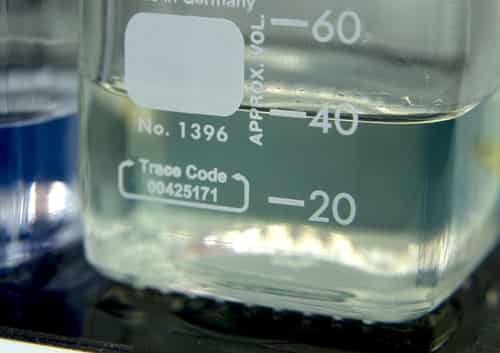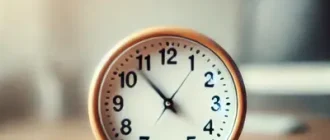When you find yourself unable to remove your contact lenses on your own, it can be a frustrating and uncomfortable situation. However, it is important to remain calm and take the necessary steps to safely remove your contacts. Here are a few things you can do when you can’t get your contacts out by yourself:
- Relax and hydrate: It’s crucial to stay relaxed and hydrate your eyes by applying lubricating eye drops. This helps to lubricate the contacts and ease their removal.
- Wash your hands: Before attempting to remove your contacts, make sure your hands are clean and dry. This prevents any potential eye infections and ensures a hygienic procedure.
- Follow proper technique: If you are having difficulty removing your contact lenses, try using the pinching technique. Gently pinch the lens between your thumb and index finger and slide it off your eye. Alternatively, you can use a suction cup tool specifically designed for contact lens removal.
- Seek assistance: If your attempts to remove the contacts prove unsuccessful, it is important to seek help from a professional. An optometrist or an ophthalmologist can provide guidance and assistance in safely removing the contacts without causing any harm to your eyes.
- Avoid forceful methods: It is crucial to never resort to forceful methods such as using tweezers, sharp tools, or excessive rubbing. These actions can cause severe damage to your eyes and should be avoided at all costs.
Remember, patience and proper technique are key when it comes to removing contacts that are difficult to take out. If you find yourself struggling, seek professional assistance to ensure a safe and effective removal process.



